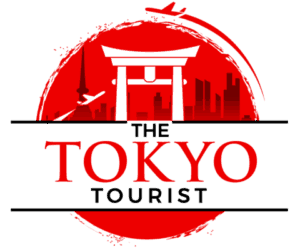Deprecated: mb_convert_encoding(): Handling HTML entities via mbstring is deprecated; use htmlspecialchars, htmlentities, or mb_encode_numericentity/mb_decode_numericentity instead in /home2/thetoky7/public_html/wp-content/themes/acabado/functions.php on line 2119
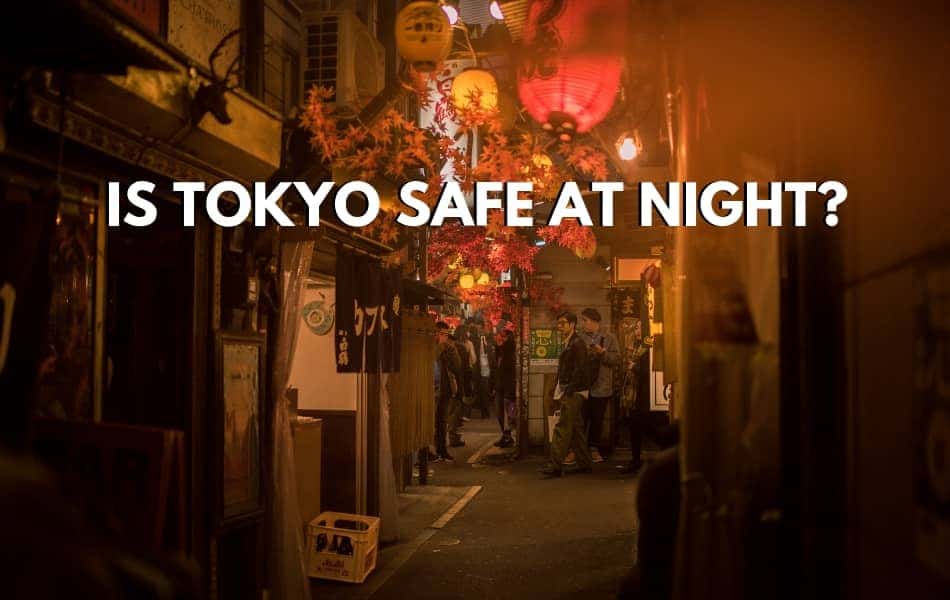
Are you planning your first trip to Japan? You probably have a jam-packed itinerary that includes activities for both day and night. Of course, you want to visit Tokyo, Japan’s capital. As you finalize your plans, you can’t help but wonder…
Is Tokyo safe at night? Tourists and residents alike agree that Tokyo is a safe place to visit at night. Even if you linger past midnight, you’re unlikely to run into unscrupulous characters.
That doesn’t mean trouble might not be out there, though. That’s why, in this article, I’ll explain what makes Tokyo safe as well as share some common-sense tips for smart city navigation.
Why Is Tokyo Considered So Safe?
What is it about Tokyo that makes it such a safe place to be during the day and at night? Part of it is that it’s Japan’s capital. Since it’s one of the most well-known parts of Japan, it would be one of the most appealing and thus the safest.
Here are several other reasons Tokyo is considered safe.
Immigration Rules
Japan’s strict rules on immigration may limit the outsiders who can get in, but that has allowed the country to maintain Japanese values and beliefs that keep its residents safe.
Zoning Laws
The zoning laws in Japan permit buildings to exist closer to residences and all be in the same neighborhood. That means that, even if businesses shut down in Tokyo at night, there are always people in their homes who could theoretically see a crime and then contact the police.
As a first-timer going through the city, that’s great peace of mind for you. You know that someone is always going to be awake and aware, and that even if they’re not outside on the streets with you, they’re keeping an eye on the city.
Plenty of Police Presence
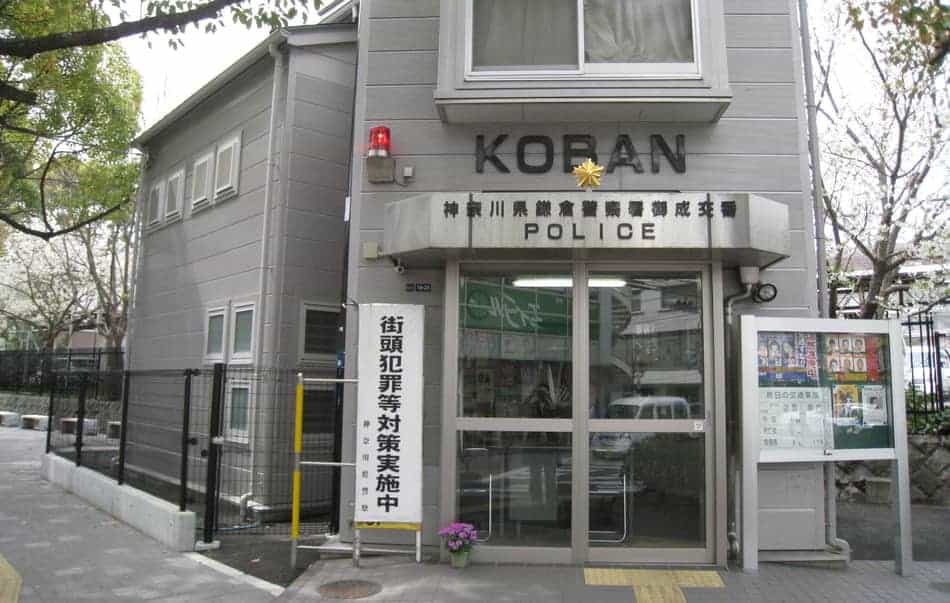
In Japan, police stations aren’t widespread, but kōban are. Kōban are simple, makeshift police areas that often include chairs, a desk, and just one room. Since they’re so easy to erect, kōban can appear all over a city, and they very often do.
are. Kōban are simple, makeshift police areas that often include chairs, a desk, and just one room. Since they’re so easy to erect, kōban can appear all over a city, and they very often do.
Almost anyone feels discouraged to do something illegal if the police are watching. Besides reducing crime, kōban police areas are also handy for getting directions or reporting unscrupulous behavior you witnessed.
Do Japanese police carry guns? Want to find out? Check out this article.
No Drinking and Driving
While drinking and driving is illegal in America, in Japan, the laws are much more strongly enforced. This has been the case for than 10 years. Beginning in 2007, Japan increased the sentencing for driving under the influence and driving while intoxicated. Driving under the influence means the driver has a .03 blood alcohol concentration. Those who are caught driving under the influence may get slapped with a $4,400 fine as well as face three years of jailtime.
Driving while intoxicated is an even more serious crime. The driver must have a .08 or higher blood alcohol concentration. The fine for driving while intoxicated is $8,800 and five years of jailtime.
That’s why you can find a service around Tokyo and the rest of Japan known as daikou. Someone will bring your car back while you ride a taxi to your hotel. This prevents drinking and driving, making it safer to be on the streets of Tokyo.
Dedicated Drug Conviction Laws
If you have a prior drug conviction on your criminal record, then you may not be allowed in Japan at all. Even celebrities are not exempt from the rules. While a conviction doesn’t necessarily precede a drug problem, it doesn’t matter in Japan. Drug use is not allowed in the country. Even marijuana, which is legal in many parts of the US, is not welcomed here.
These strict drug rules mean there are fewer drug-related crimes to stress about during your Tokyo trip.
It’s Not Easy to Buy Guns
Most residents in Japan do not own guns, which already makes it feel a lot safer. Combining that with the laws on drinking and driving as well as drug use and you can understand why Tokyo is known for its safety.
Check out the 13 steps you need to go through to buy a gun in Japan!
Parking Lot Attendants Dot the City
While parking lot attendants tend to work at parking lots only in the US, in Japan, they’re more prevalent. That could reduce the chances of your car being stolen or broken into.
Most Stores Are Well-Staffed
Even if it’s late at night, you’ll never walk into a convenience store and find only a single employee there. Japan staffs its gas stations, convenience stores, and the like with several people at once. This way, someone is always in the store to catch or stop a crime.
ATMS Are Not Outside
For the sake of your privacy and security, you won’t ever find an outdoor ATM machine in Japan. They’re all in banks and other buildings.
What Are the Safest Areas of Tokyo?
If you feel like staying on the especially safe side, there are certain parts of Tokyo you might want to stick to. These are considered among the safest in the city.
Chuo
Chuo, home to the Ginza district, was once a silver mint. Today, more than 140,000 people live here. It’s considered a more upscale part of Tokyo, which lends to its safe reputation. Since its residents have more money to go around, businesses tend to be more expensive.
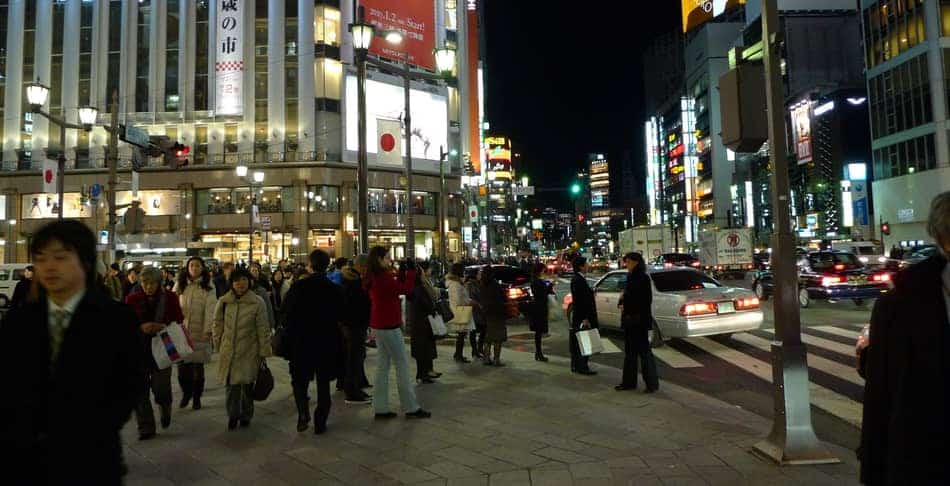
Bunkyo
Another safe part of Tokyo you might choose to spend your time in is Bunkyo. This ward is mostly considered an educational center, but there are homes and businesses as well. One place of note is the Tokyo Dome, where you can catch monster truck races, kickboxing, martial arts events, pro wrestling shows, football and basketball games, and concerts.
What Kinds of Crimes Occur in and Around Tokyo?
According to safety website SafeAround, Tokyo has an 80.1 safety rating, which is pretty solid. That said, despite all the safety measures listed above, crimes can still sometimes occur. Here’s what to be on alert for:
- Scams, especially a popular one in Roppongi. Sometimes women will ask to give you a massage, but it’s really a scam for someone to swipe your wallet or at least your cash and cards.
- Mugging, which doesn’t occur often but can happen.
- Pickpocketing, which again is rare but does transpire both on foot and on public transportation.
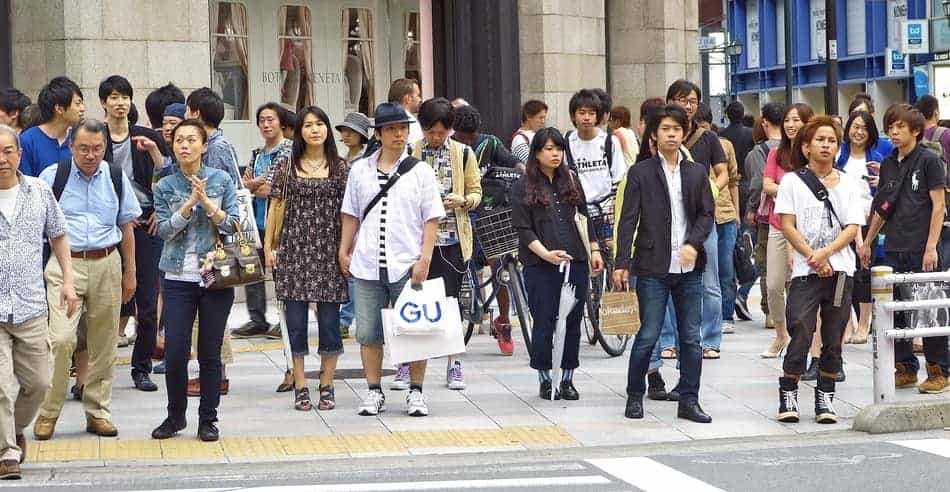
Safety Tips for First-Time Visitors
As you can see from the above list, there are few criminalistic threats to worry about as you visit Tokyo. That doesn’t mean you should abandon all common sense. After all, as I mentioned, even with their rules and regulations in place, crime does still occur in Tokyo.
Here are some tips to adhere to as you travel through this beautiful city:
- Stay aware of your surroundings and be on alert. It’s easy to be dazzled and overwhelmed by the bright lights of Tokyo, but don’t let your guard down. You do want to have fun, but not at the expense of your wallet.
- If you’re passing through Kabukicho, a red-light district in Shinjuku, then be especially smart. There’s some fun nightlife to enjoy here, but it can also be a somewhat rough area, especially for the uninitiated.
- When visiting Roppongi, only get massages and accept other services if it’s from a reputable business. Perhaps bring a buddy along, as there’s safety in numbers.
- If you have too much to drink, make sure you call it an early night. Get a cab back to your hotel. Wandering around the Tokyo streets to sober up makes you an easy target for crime.
- Speaking of drinking, don’t get lax at a bar or restaurant. Unfortunately, some unsavory people will try to spike your drink. That puts you at risk of sexual assault, physical assault, robbery, and even credit card fraud. Don’t ever leave your drink unattended.
- In areas like Shibuya and Roppongi, business owners will sometimes try to lure you into their bars or restaurants. If you weren’t initially planning on visiting, then keep on your way. This is doubly true if the person is trying to give you free food or drinks.
- Don’t bring a lot of cash with you when you travel. This way, if you are by chance pickpocketed, you won’t lose a lot of money.
- Also, if you can, don’t bring your debit or credit cards with you. Keep them locked away in your hotel safe. Again, if you don’t have them, they can’t be stolen from you.
- If you’re a woman carrying a purse or a man carrying a bag, keep the bag tucked close to your body as you walk. This way, pickpockets can’t steal from you so easily.
Conclusion
While Tokyo is considered one of the safest cities in the world, let alone Japan, you can never be too safe. Pickpockets and other unsavory characters linger, even with heightened police presence and many people about. Be smart about the decisions you make and the places you visit and you should be sure to have a fantastic time in Tokyo.
Are you worried about traveling in Tokyo at night? Leave a comment below.
Why not pin it for later? You can also follow the The Tokyo Tourist on Pinterest. 🙂
